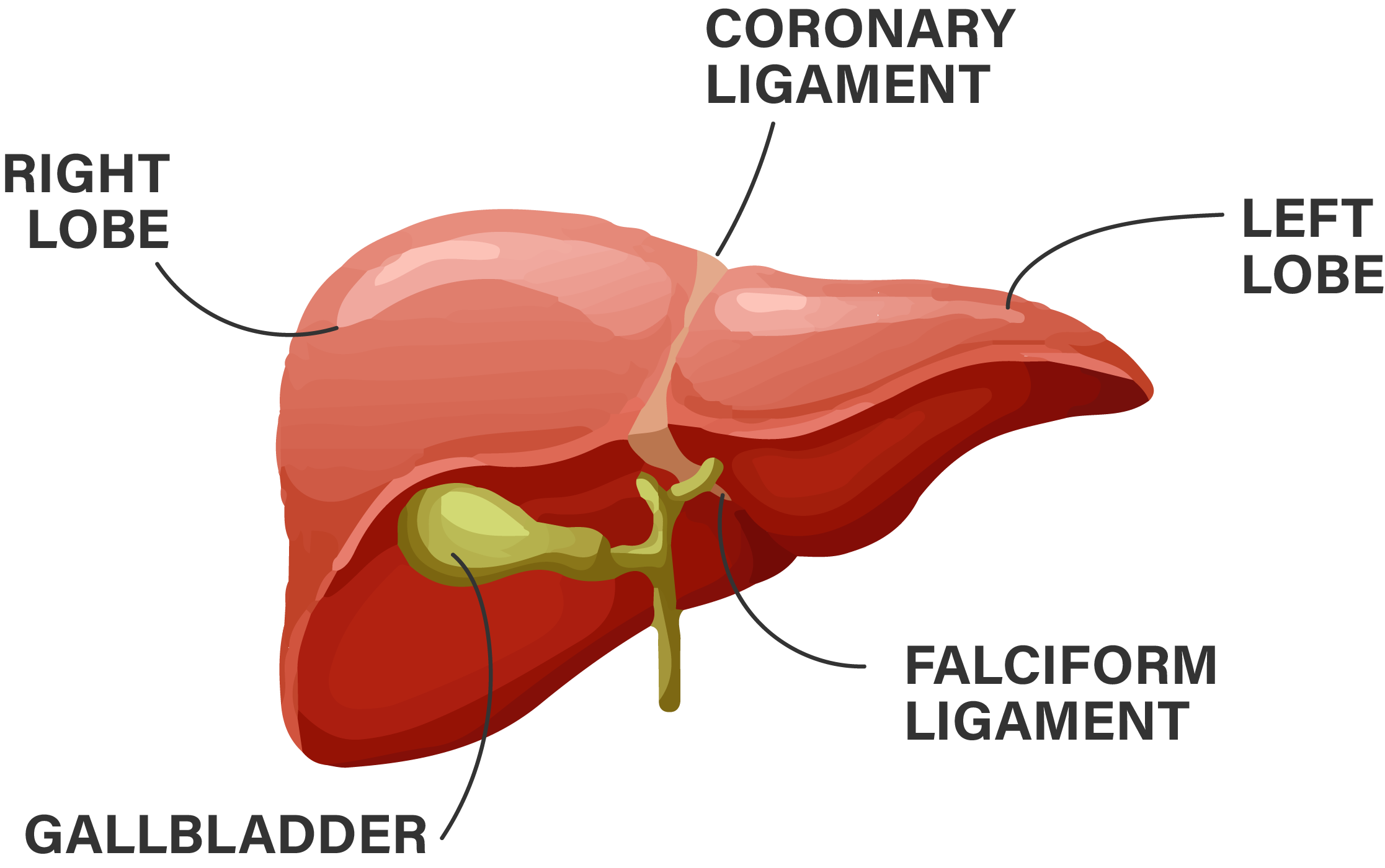

Every day, your liver helps your body by providing it with energy, fighting off infections and toxins, blood clotting, regulating hormones and much, much more. To give you an idea of the liver's critical roles, here is a partial list of its functions.... click here to read more
Your liver supports your body every day by supplying energy, fighting infections and poisons, clotting blood, regulating hormones, and much more. The liver is a critical organ that performs over 500 activities in the body. Waste products and foreign substances are removed from the bloodstream, blood sugar levels are regulated, and necessary nutrients are produced. Here are a few of its most crucial features:
The term "liver disease" refers to any ailment that affects your liver. These diseases can arise for a variety of causes, but they all have the potential to harm your liver and impair its function.
The symptoms of liver disease differ based on the underlying cause. However, general symptoms such as jaundice (yellow skin and eyes), dark urine, pale, red, or black stool, swollen ankles, legs, or belly, nausea, vomiting, decreased appetite, chronic fatigue, itchy skin, and easy bruising can all indicate liver disease.
Hepatitis is a liver ailment caused by a virus. It causes inflammation and damage to your liver, making it harder for it to operate properly.
Hepatitis is communicable in all forms, but you can lower your risk by getting vaccinated against types A and B or taking other preventive measures, such as practicing safe sex and not sharing needles.
Fatty liver disease is caused by fat accumulation in the liver. Both types of fatty liver disease can damage the liver, leading to cirrhosis and liver failure if left untreated. Diet and other lifestyle modifications can help to alleviate symptoms and lower the chance of problems.
Cancers of the liver begin in the liver. Secondary liver cancer occurs when cancer begins elsewhere in the body and spreads to the liver.
Hepatocellular carcinoma is the most frequent type of liver cancer. It usually manifests as a series of tiny tumors in your liver, although it can also begin as a single tumor.
Chronic liver failure occurs when a large portion of your liver is damaged and unable to function normally. Liver failure caused by liver disease and cirrhosis usually occurs gradually. It's possible that you won't experience any symptoms at first. However, after time, you begin to notice: Jaundice, diarrhea, confusion, weakness and exhaustion, Nausea. It's a significant condition that needs to be managed regularly.
There are many misconceptions and preconceived assumptions concerning liver illness that can make it difficult for patients to communicate with their families, friends, coworkers, and others. Many people believe that those who drink or use drugs are the only ones who are at risk of developing liver disease. The truth is that there are over 100 different types of liver disease, and alcohol is only one of them.
Regular checkups will aid in the early discovery of any type of liver illness, allowing for correct treatment and a quick recovery.
Being aware of your liver disease is just the first part which is important as it can help in the healing process but approximately 20% of individuals on the waiting list for a liver transplant die or become too ill to get one. The paucity of viable livers from dead donors is very upsetting for the families and friends of patients with severe liver disease. Living liver donation helps a person to live longer and healthy. If you're healthy enough to donate, you have the chance to make a huge difference in someone's life.